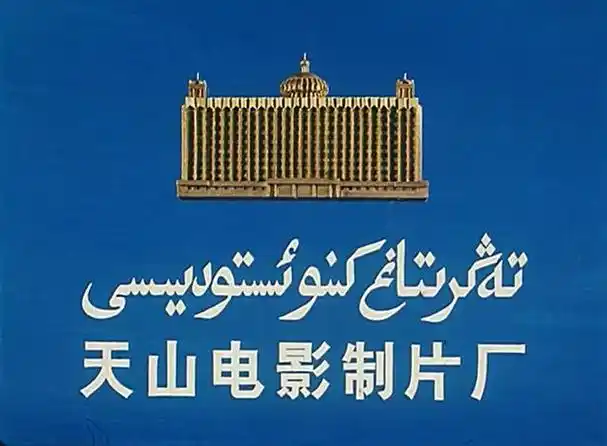I have long observed the complexities of global leadership and the impact of U.S. policies on international affairs. With President Donald Trump’s decisive victory in the November 2024 presidential election, coupled with Republican control of the U.S. Congress, there is no doubt that his leadership will continue to leave an indelible mark on the world stage. While I respect the democratic process that brought President Trump back into the White House, it is essential to reflect on some of his decisions and their implications for global peace and human dignity.
President Trump’s decision to withdraw U.S. participation from the World Health Organisation (WHO) and the Paris Climate Accord remains deeply regrettable. The United States, as a founding member of the United Nations in 1945, has historically played a pivotal role in fostering international cooperation and addressing global challenges. The WHO, despite its flaws, remains a critical institution in addressing pandemics and ensuring global health security. Similarly, the Paris Climate Accord represents a collective commitment to combating climate change — an existential threat to humanity. By stepping away from these multilateral efforts, the U.S. risks ceding its leadership role at a time when global challenges demand unified action.
One of the most significant appointments of President Trump’s new administration is Senator Marco Rubio as the Secretary of State. This decision is a welcome one, as Rubio’s firm stance on China aligns with the urgent need to address Beijing’s growing authoritarianism and human rights abuses. As a longstanding critic of the Chinese regime’s oppressive policies, Rubio’s leadership at the State Department signals a robust U.S. commitment to confronting China’s challenges to global stability and supporting those who suffer under its brutal regime. This appointment is a timely and strategic move that reflects President Trump’s recognition of the gravity of the situation and the need for experienced and principled leadership in global diplomacy.
Authoritarian regimes, such as those in China and Russia, continue to challenge the global peace order, undermine democracy, and violate human dignity. China’s continued oppression of Tibetans, Uyghurs, Southern Mongolians, Hongkongers, and other persecuted minorities, along with its increasingly aggressive stance on Taiwan, poses a significant threat to international stability. Russia’s actions, from its ongoing war in Ukraine to its suppression of dissent at home, further underscore the need for strong, principled leadership from democratic nations. The United States, with its unparalleled influence, must lead by example and rally the global community to stand against such injustices.
President Trump’s first term in office made notable contributions to supporting human rights through the signing of critical U.S. laws on Tibet, Uyghurs, and other persecuted communities. These legislative actions have provided much-needed support and recognition for those enduring severe repression under authoritarian regimes. By enacting these measures, President Trump has sent a clear message of solidarity with oppressed peoples and a commitment to confronting human rights abuses.
Despite these concerns, there are reasons for optimism as we look ahead to President Trump’s leadership in his second term. He has repeatedly expressed his determination to end the Russia-Ukraine conflict, a step in the right direction to save human lives, and this must be welcomed. His administration’s efforts in the Middle East, particularly the Abraham Accords, have contributed to historic strides toward peace and cooperation in a region long marred by conflict. These achievements highlight the potential for pragmatic diplomacy and bold initiatives to foster greater understanding and collaboration among nations.
It is vital, however, that the Trump administration adopts a multilateral approach to address global challenges. Strengthening partnerships with allies in the UK, Europe, Australia and Asia — including India, Japan, Taiwan and others — will be essential in countering disinformation campaigns, protecting free speech, and upholding democratic values. The collective strength of these alliances can serve as a powerful force against the rising tide of authoritarianism and threats to the international rules-based order.
As President Trump begins this new chapter of his presidency, I hope his administration will prioritise the betterment of humanity not only within the United States but across the globe. The U.S. has a unique responsibility to champion democracy, uphold human rights, and combat authoritarianism. By embracing these values and working with international partners, President Trump has the opportunity to solidify his legacy as a leader who advanced global peace and prosperity.
In a world fraught with challenges, from climate change to rising authoritarianism, the need for visionary leadership has never been greater. I urge President Trump and his administration to seize this moment to reaffirm America’s commitment to a just and equitable world order, one that uplifts the oppressed and ensures a brighter future for generations to come.
Tsering Passang is founder and chair of the UK-based Global Alliance for Tibet & Persecuted Minorities. Tsering’s blog: www.Tsamtruk.com
